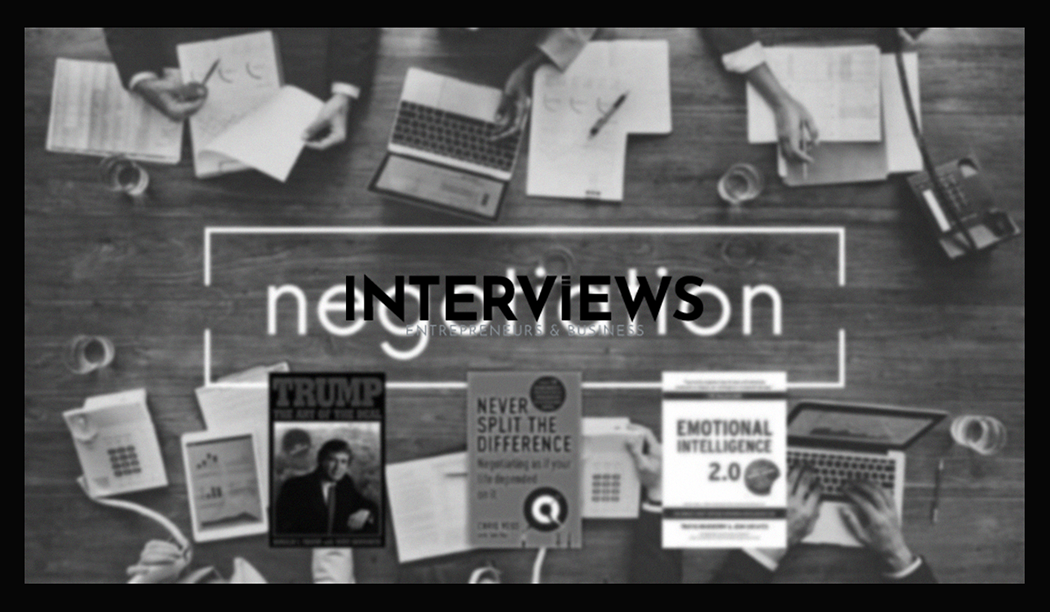Unlock the Art of Deal-Making: Your Guide to Negotiation Mastery
Negotiation is essential. It drives progress in every deal, big or small. It is about creating solutions that satisfy all parties. Ready to explore negotiation techniques? We aim to turn you into a skilled negotiator.
Must-Read Negotiation Books to Sharpen Your Skills
To become a negotiation expert, read these impactful books. They provide valuable strategies. Here’s your negotiation reading list:
- Never Split the Difference: Negotiating As If Your Life Depended On It: A former FBI negotiator offers high-stakes tactics for everyday use.
- Getting to Yes with Yourself—and Other Worthy Opponents: Negotiate effectively by overcoming internal hurdles first.
- Negotiation Genius: How to Overcome Obstacles and Achieve Brilliant Results at the Bargaining Table and Beyond: Techniques for tricky situations and equitable outcomes.
- “Getting to Yes: Negotiating Agreement Without Giving In” by Roger Fisher and William Ury: A classic focuses on principled negotiation.
- “Crucial Conversations: Tools for Talking When Stakes Are High” by Kerry Patterson et al.: Manage high-stakes talks with effective tools.
Core Negotiation Strategies & Principles: The Pillars of Persuasion
Follow these negotiation commandments. They are crucial for success.
-
Preparation: Your Negotiation Armor
Preparation leads to success. Be informed before negotiations start. Knowledge is vital. Know your goals and the other party’s situation.
-
Communication: Listen More Than You Talk (Seriously)
Apply the 70/30 rule. Listen 70 percent of the time and talk 30 percent. Listening gathers intel. It’s more than courtesy.
-
Collaboration: Teamwork Makes the Dream Work (and the Deal Happen)
No zero-sum mindset here. Seek mutually beneficial solutions. Focus on the “3 C’s”: Clarity, Communication, and Collaboration.
-
Flexibility: Bend, Don’t Break (Your Position, That Is)
Adapt to changes. Be willing to modify your approach as new info arises. Keep your strategy flexible.
-
Empathy: Walk a Mile in Their Shoes (It Might Be Revealing)
Empathy is a critical tool in negotiation. Understand needs and pain points.
-
Building Trust: The Foundation of Lasting Deals
Trust facilitates smoother negotiations. Establish honesty and transparency.
-
The Golden Rule of Negotiation: Treat Others How You Want to be Treated
Treat others with respect and honesty. Aim for collaborative outcomes.
Key Negotiation Concepts: Decoding the Jargon
Familiarity with negotiation lingo is vital. Here are key terms explained:
-
BATNA (Best Alternative to a Negotiated Agreement): Your Walk-Away Power
Your plan B defines limits. Knowing your BATNA boosts confidence.
-
ZOPA (Zone of Possible Agreement): Finding the Sweet Spot
ZOPA is where both parties’ desires align. Identify this common ground.
Negotiation Styles: Pick Your Persona Wisely
Your negotiation style influences outcomes. Understanding various styles helps you succeed. Cooperative negotiators often achieve better results. Here are five styles:
- Compete (I Win – You Lose): Focused on gaining individual advantages, works in quick situations.
- Accommodate (I Lose – You Win): Prioritizing the other party’s needs can harm value.
- Avoid (I Lose – You Lose): Skipping negotiations often results in missed opportunities.
- Compromise (I Lose / Win Some – You Lose / Win Some): Meeting halfway can limit benefits.
- Collaborate (I Win – You Win): Focus on mutual solutions, best for long-term success.
Rules of Negotiation: Laying Down the Law (of Deal-Making)
Adhere to these guidelines during negotiations:
- Information is Power — So Get It!Knowledge strengthens your position. Gather facts about the other party.
- Maximize Your Leverage.Identify influences on the outcome and use them effectively.
- Employ “Fair” Objective Criteria.Ground arguments in objective standards to enhance persuasion.
- Design an Offer-Concession Strategy.Prepare offers and concessions in advance for strategic movement.
- Control the Agenda.The one controlling topics influences negotiation pace.
The “C’s” and “P’s” of Negotiation: Alphabet Soup for Success
Understand negotiation acronyms for clarity:
-
The “C’s” of Negotiation: Core Components
Remember the “3 C’s”: Clarity, Communication, Collaboration. These are essential principles.
-
The “P’s” of Negotiation: Pillars of Preparation & Process
- 5 P’s:Preparation, Patience, Positivity, Persistence, and Purpose.
- 3 P’s:People, Problem, Process focuses on essential factors during negotiations.
Negotiation Tactics: Tools of the Trade (Use Wisely)
Tactics are specific actions during negotiation. Here’s a selection from common to bold:
- Anchoring:The first offer shapes conversations. Making it strategically offers an advantage.
- Empathy and Active Listening:Acknowledge understanding, ask probing questions for influence.
- Chicken:A risky tactic using extreme threats often as a bluff in negotiations.
- Force the other party to back down. Think negotiation brinkmanship. Use with caution. It may be best to avoid it unless your life is on the line in a Hollywood movie.
Avoiding Mistakes: Steer Clear of Negotiation Pitfalls
Even experienced negotiators make mistakes. Be aware of frequent errors:
- Neglecting Your Counterpart’s Problem: Negotiation solves problems. Understand their needs and limits.
- Letting Price Bulldoze Other Interests: Price isn’t the only factor. Consider relationships, terms, and long-term value.
- Letting Positions Drive Out Interests: Focus on interests, not just positions. “Why” is often key.
- Searching Too Hard for Common Ground: Don’t be eager for agreement. Differences may offer creative solutions.
- Neglecting No-Deal Alternatives: Always know your BATNA. Willingness to walk away improves your position.
- Failing to Correct for Skewed Vision: Recognize your biases. Objective perspectives help ensure clarity.
Salary Negotiation: Get Paid What You’re Worth (and Then Some)
Salary negotiation feels tricky. Use this guide:
- Rule #1: Know Your Worth and Articulate It Confidently. Research standards, know your value, ask for what you deserve.
- Declining a Low Offer Politely: Show appreciation, state that the salary is insufficient, and keep a professional tone. Try: “Thank you for the offer. However, the salary is below what I expected based on my research and experience.”
- Requesting a Counteroffer Politely: Show excitement for the role, acknowledge the offer, and state your salary expectations. “I’m excited about the opportunity at [Company Name]. While I appreciate the offer, my salary expectations are [Your Desired Range]. My skills in [relevant areas] will benefit your team.”
- Ditch the “Sorry”: Negotiation is business. Avoid apologies for negotiating. Saying “sorry” weakens your position. Do not apologize for knowing your worth.
Famous Negotiators: Learning from the Legends
Need inspiration? Look to the best. Nelson Mandela is remembered as a masterful negotiator. His patience and strategic thinking, along with persuasion skills, dismantled apartheid. Learn from him: be patient, think strategically, and never underestimate persuasion.
Rules of Thumb: The Numerical Nuggets of Negotiation
Numbers simplify concepts. Here are rules based on percentages:
- 50/30/20 Rule: A budgeting principle. Apply it to negotiation to allocate resources or concessions: 50% needs, 30% wants, 20% savings. How will you use this?
- 70/30 Rule: In negotiation, listen 70% of the time, talk 30%. This is important for communicating and gathering info.
- 80/20 Rule (Pareto Principle): In negotiation, 80% of success is from 20% preparation. Focus your efforts on what matters the most.
- 15/65/20 Rule: A budgeting rule for allocation. Think about how to apply it proportionally in negotiations.
This is your crash course in negotiation mastery. Negotiate with confidence. May your deals favor you. A little wit might help at the table but watch their humor.
For additional insights, check out 10 Books on Negotiation to Level Up Your Game.





